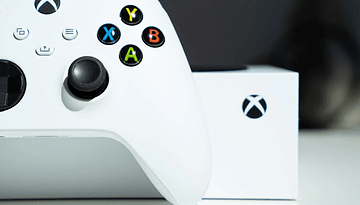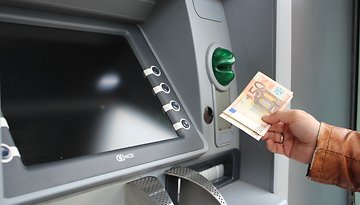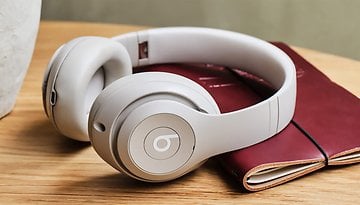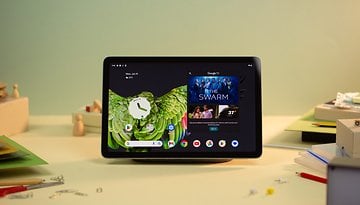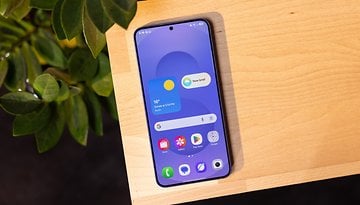Compostable Computers? This Could Be the Future of Electronics
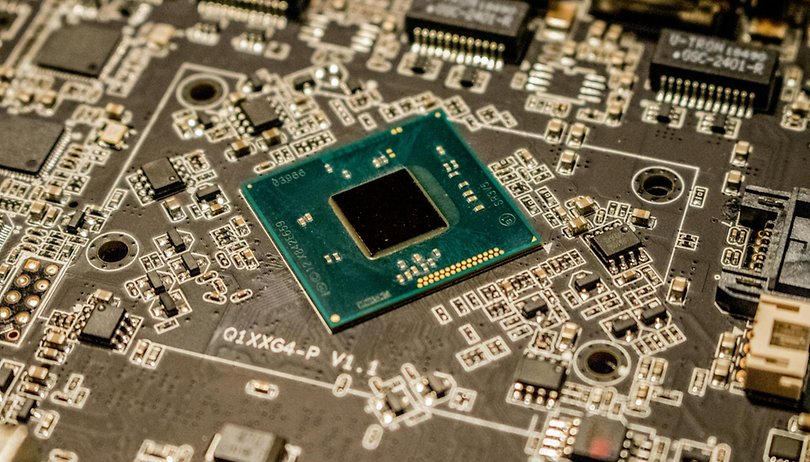

To counteract the burgeoning mountains of electronic waste, researchers are turning to a natural raw material: wood. After use, essential parts of an electrical appliance should turn back into soil. A computer mouse is the first example.
The earth is not only threatened by the advancing deterioration that climate change brings. Many everyday products also contain numerous components whose source materials can hardly be reused. This is particularly true of computer technology.
Precious metals such as gold or copper can be recovered from processors and memories using complex chemical processes. However, this does not apply to the circuit boards onto which the individual chips are soldered. These are usually made from epoxy resin, which is extracted from crude oil and cannot be recycled afterwards. This ultimately leads to mountains of waste that should not be underestimated. The circuit boards are not only found in PCs and notebooks, but in principle, everywhere a chip is used.
Wood as a Raw Material
A group of researchers from the Swiss Federal Laboratories for Materials Science and Technology (EMPA) and the Netherlands Organization for Applied Research (TNO) have now found an alternative to conventional epoxy resin as part of the EU research project HyPELignum. The scientists are focusing on lignocellulose—a waste product that is produced during the extraction of lignin and cellulose from wood.
In a complex process, lignocellulose flakes are first ground with water. This transforms the relatively coarse cellulose fibers into fine cellulose fibrils that are linked together in a network. Finally, the mass is pressed into sheets whose resistance almost reaches the level of classic printed circuit boards made of epoxy resin or glass fiber.
Water remains the only danger: it can still be absorbed by the fibrils—a disadvantage that is also an advantage. This is because the circuit board can only be subjected to a biodegradation process after use, in which microbes and fungi take over the decomposition of the organic substances. Resistance is also said to be further improved for industrial production. However, the researchers also consider the requirements for printed circuit boards to be excessive. The useful life of the devices is often so short that greater resistance to external influences is no longer proportionate to the good it offers.
A Computer Mouse Paves the Way for Possibilities
The development has long since gone beyond gray theory. The materials researchers have already had the first circuit boards produced by a contract manufacturer and used them for a computer mouse and an RFID card, for instance. The next step is to convince partners in the industry of the benefits of the technology.


